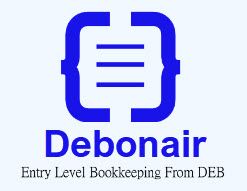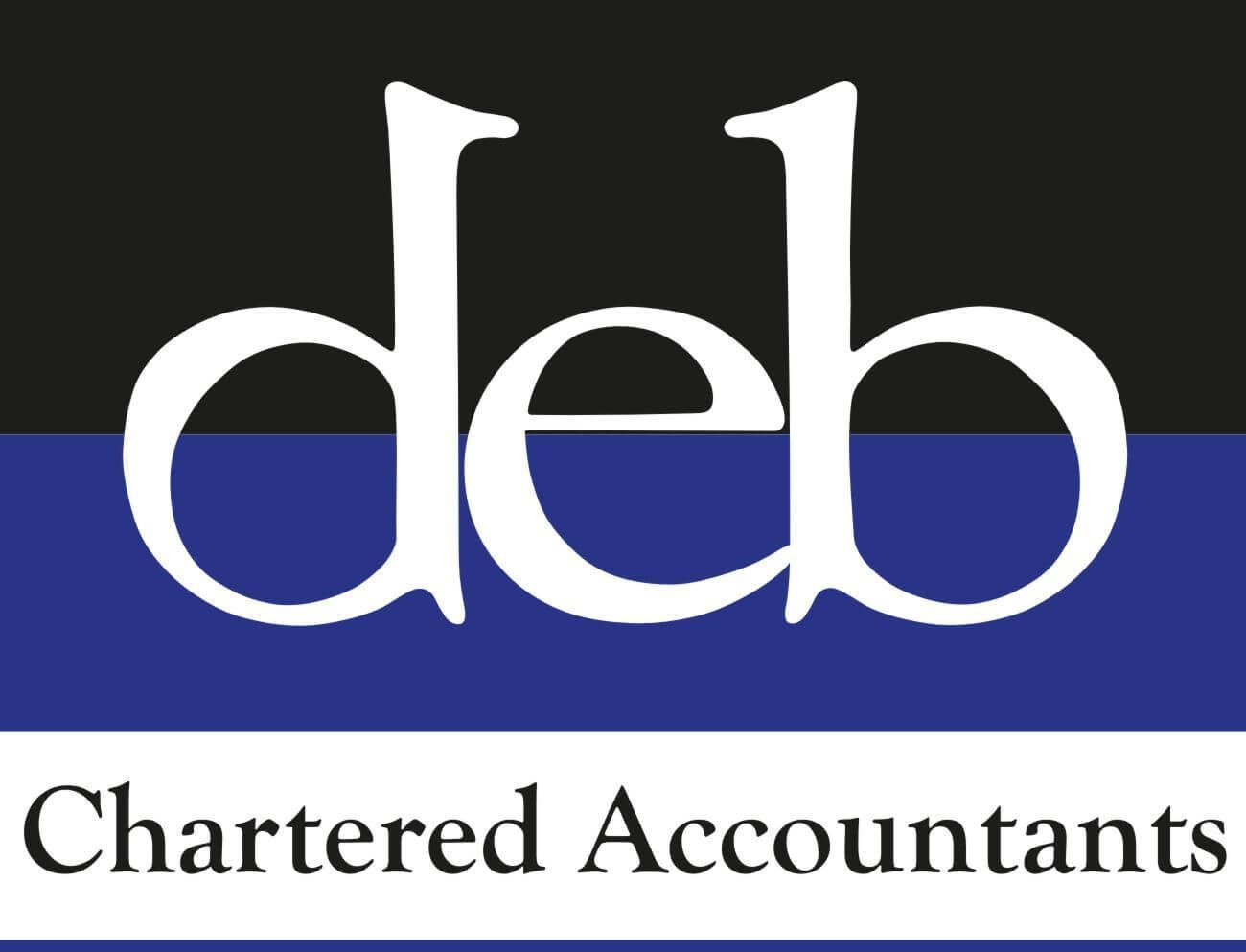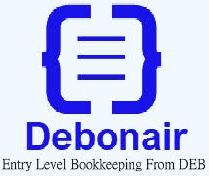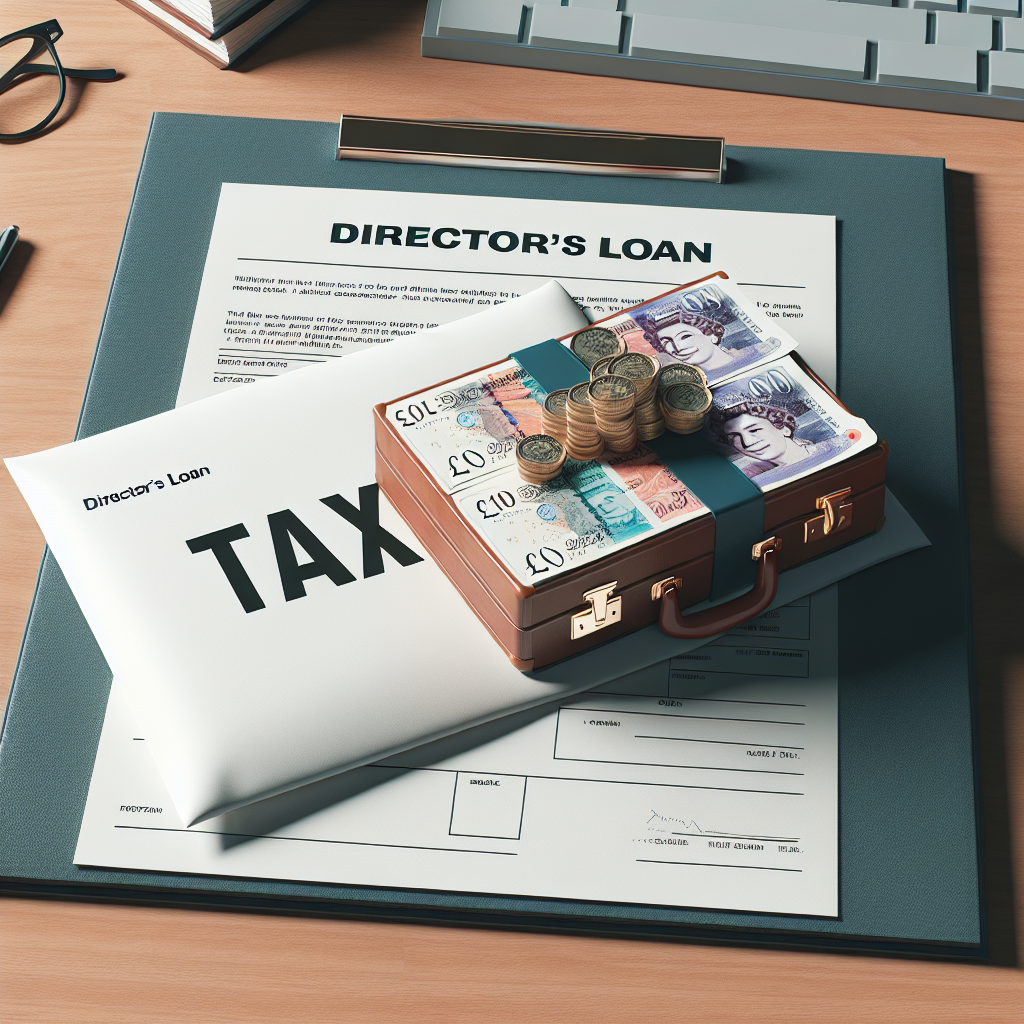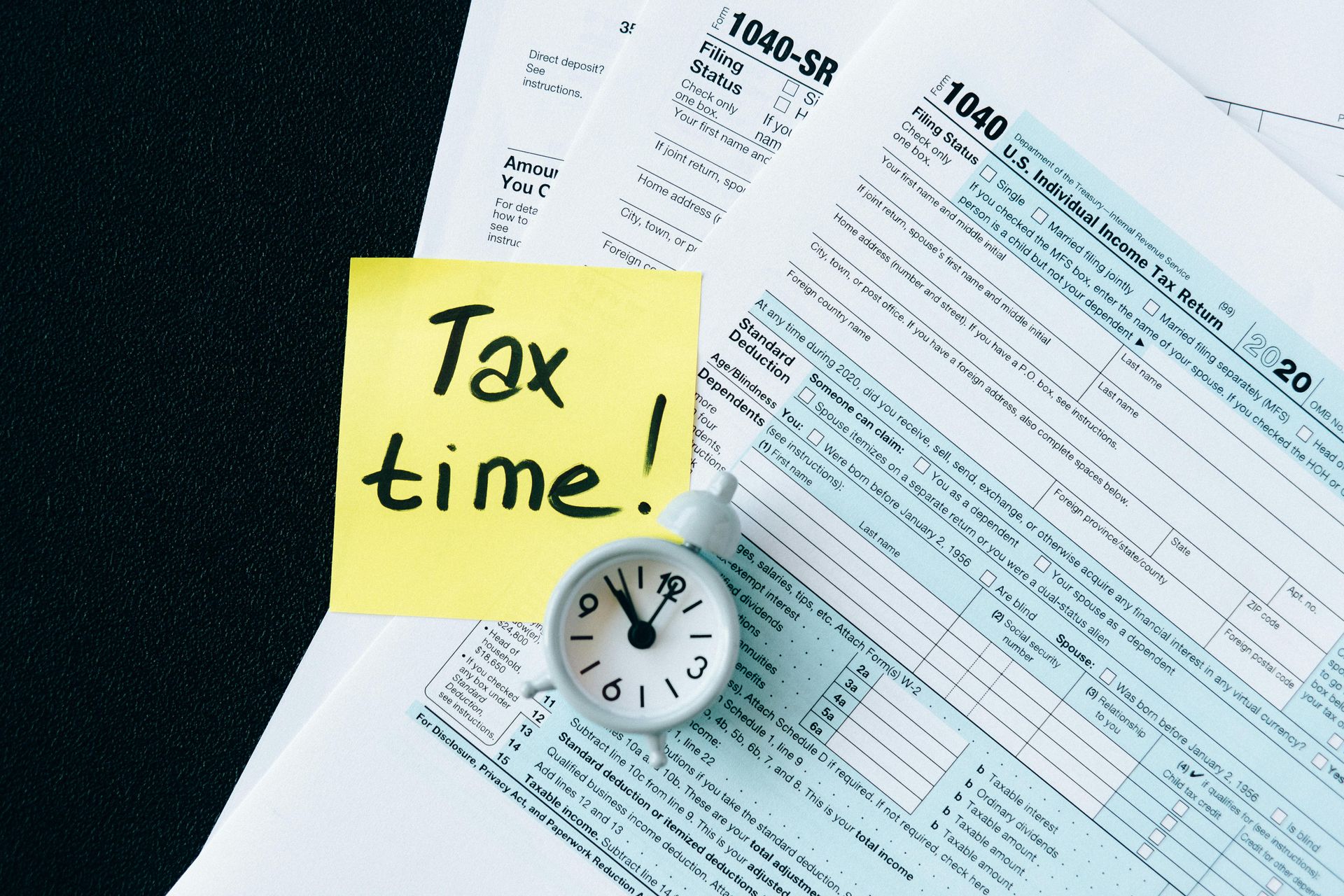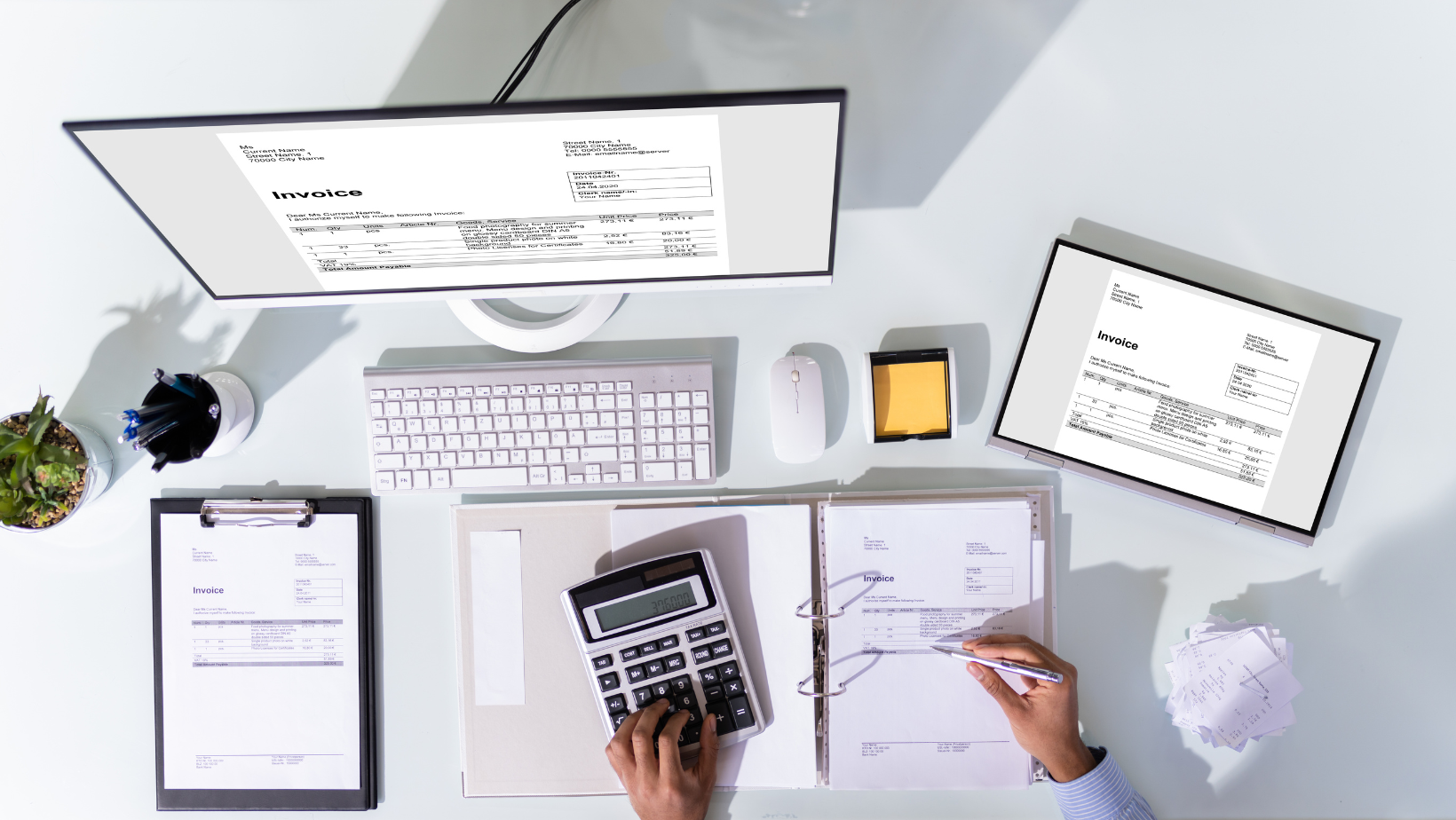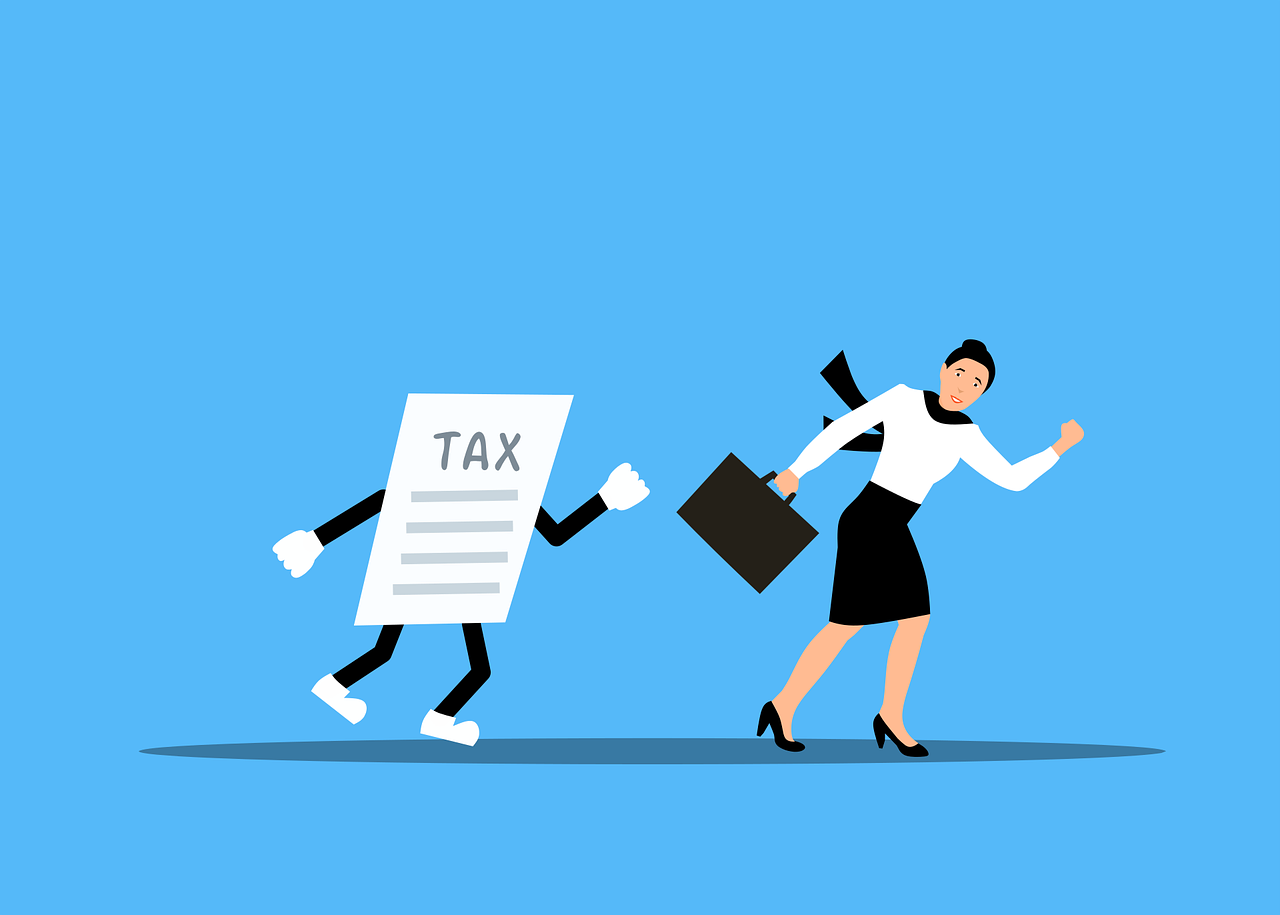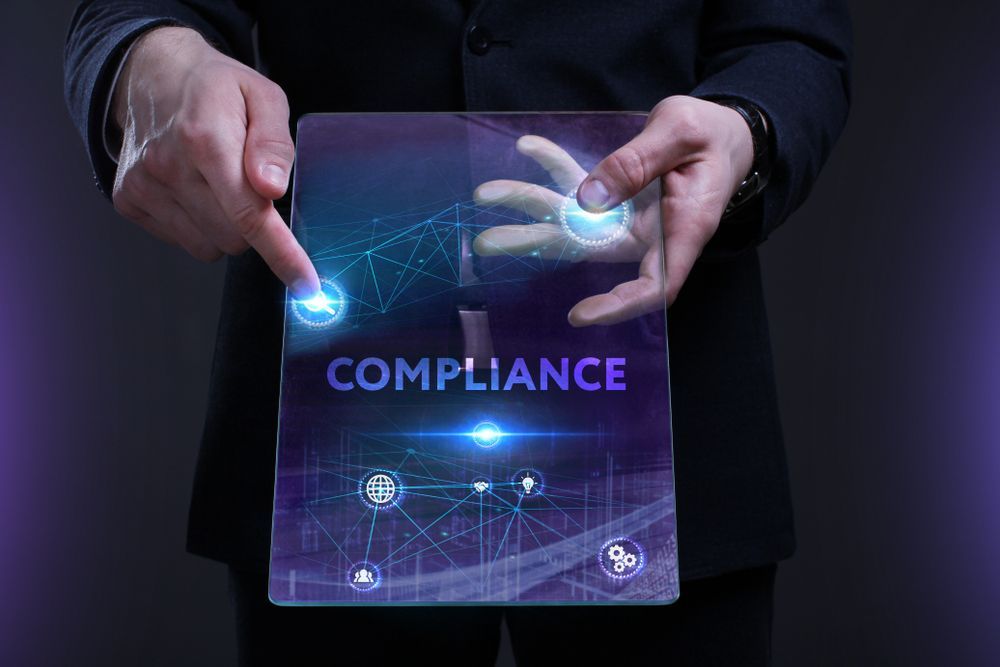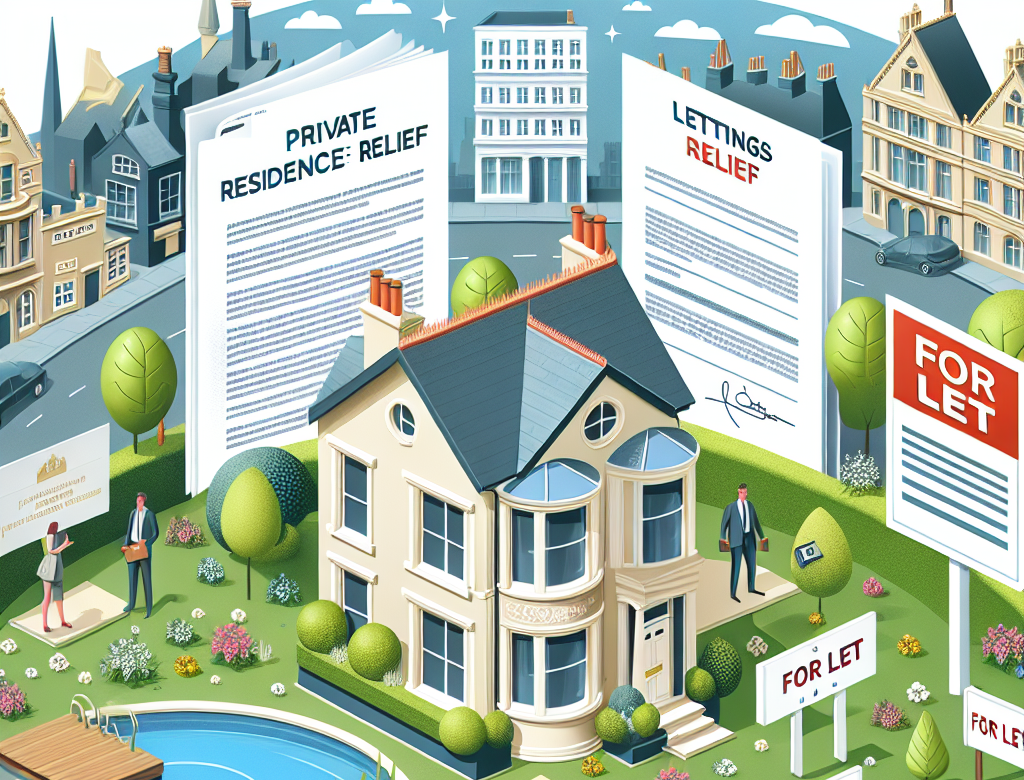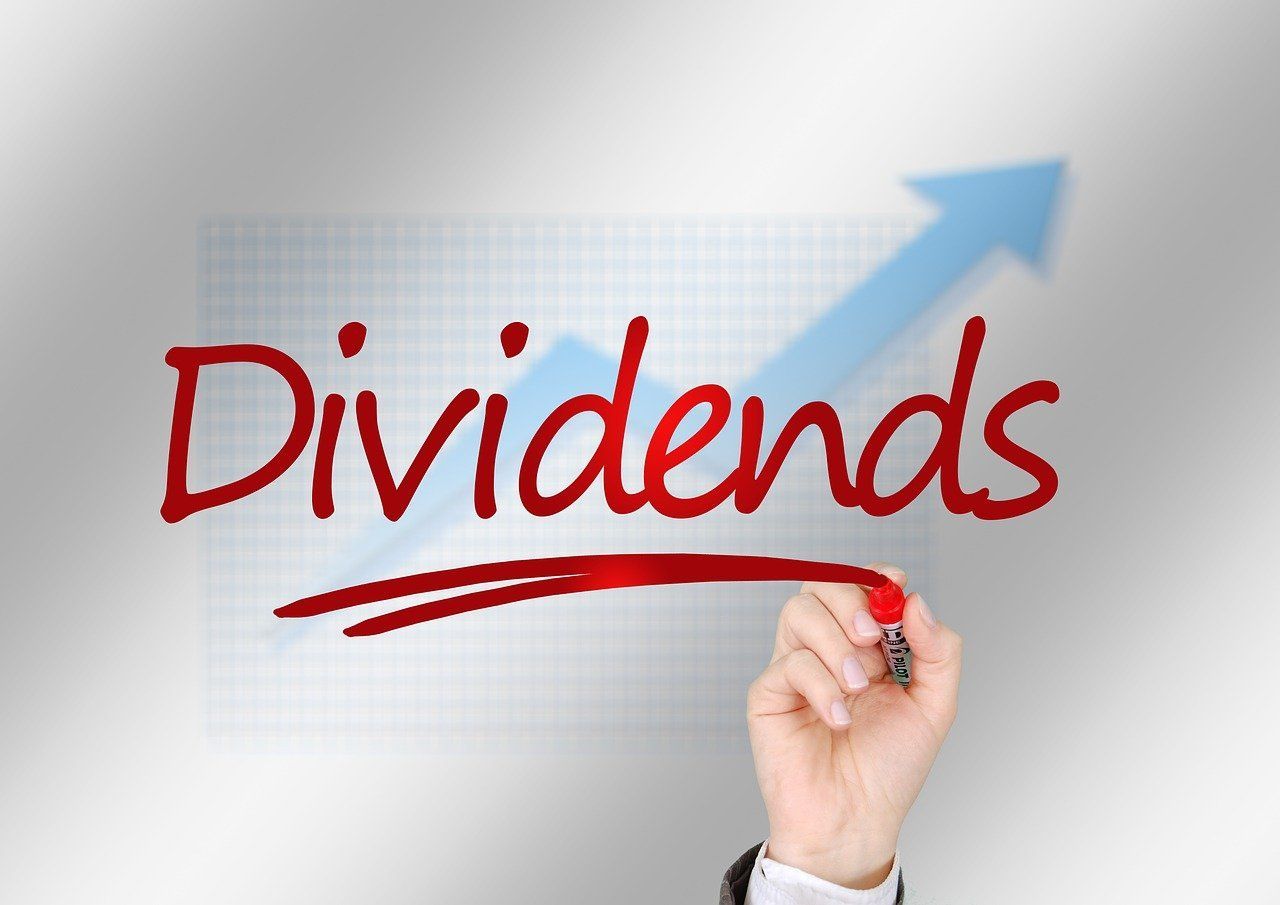Property Letting - Motor Expenses that you can claim
What can a property letter claim for motor expenses

Understanding Motor Expenses for Property Landlords
As a property landlord, you can claim motor expenses for vehicles used in your business, allowing you to offset some of your costs. However, since vehicles often serve both business and personal purposes, it's essential to ensure that you're claiming only the portion of expenses related to business use. Here's how to determine what motor expenses can be claimed and the methods available to property landlords.
1. Claiming a Proportion of Actual Running Costs
For landlords who use a vehicle for both personal and business activities, only a percentage of the vehicle's running costs can be claimed as a business expense. This proportion varies depending on the amount of business use.
- Self-Employed with Property Trading Business: If you're self-employed with a property trading business, the business usage of your vehicle might fall between 25% to 50%.
- Landlords with Property Investment Business: If you're a landlord with a property investment business, the business proportion of vehicle use is typically lower, around 10% to 20%. However, these are general guidelines, and the actual figure could be higher or lower based on your situation.
The proportion of business use can be based on actual evidence, such as a mileage log, which helps track the number of miles driven for business versus personal reasons. Keeping a logbook is highly recommended, even though not all landlords do it. This log will help establish a reasonable percentage for claiming business expenses, which may change slightly from year to year.
In cases where a vehicle, such as a van, is used solely for business purposes, it's possible to claim 100% of the costs.
2. Mileage Rates
Instead of claiming a percentage of actual running costs, landlords have the option to claim motor expenses using fixed mileage rates. This method offers simplicity but comes with some limitations.
- Rates:
- For cars and vans, you can claim 45p per mile for the first 10,000 business miles travelled in a tax year, and 25p per mile for additional miles.
- For motorcycles, a flat rate of 24p per mile can be claimed.
- To use this method, it's crucial to maintain a detailed mileage log of all business journeys. This log not only supports your claims but is also required if you opt for mileage rates.
Pros and Cons of Using Mileage Rates:
- Advantages: The mileage rate method is easy to use and eliminates the need to track all individual vehicle running costs.
- Drawbacks: Once you choose to claim mileage rates, you cannot also claim any running costs or capital allowances for the vehicle. However, you can still claim a proportion of any relevant finance costs, although this comes with some restrictions, particularly for residential landlords.
3. Choosing a Method and Sticking with It
Once you decide between claiming a proportion of actual running costs or using the fixed mileage rate method, you're generally expected to stick with that method for the life of the vehicle. However, there is an exception for landlords who claimed actual running costs and capital allowances before the 2017/18 tax year. These landlords may switch to claiming mileage rates from 2017/18 onwards if they prefer.
Final Tips for Landlords:
- Keep Detailed Records: Whether you opt for actual costs or mileage rates, detailed records are key to substantiating your claims. A mileage log is especially crucial if you want to simplify things with mileage rates.
- Review Annually: While the proportion of business use may stay relatively consistent, it’s worth reviewing each year to ensure your claims accurately reflect any changes in your usage patterns.
By choosing the right method and ensuring you keep accurate records, you can make sure you’re maximizing the motor expense deductions available to you as a landlord, while staying compliant with tax regulations.
If you need any help or advice relating to your property business, please contact us on 01226 245824.
Or email davideb@deb-accountants.co.uk
